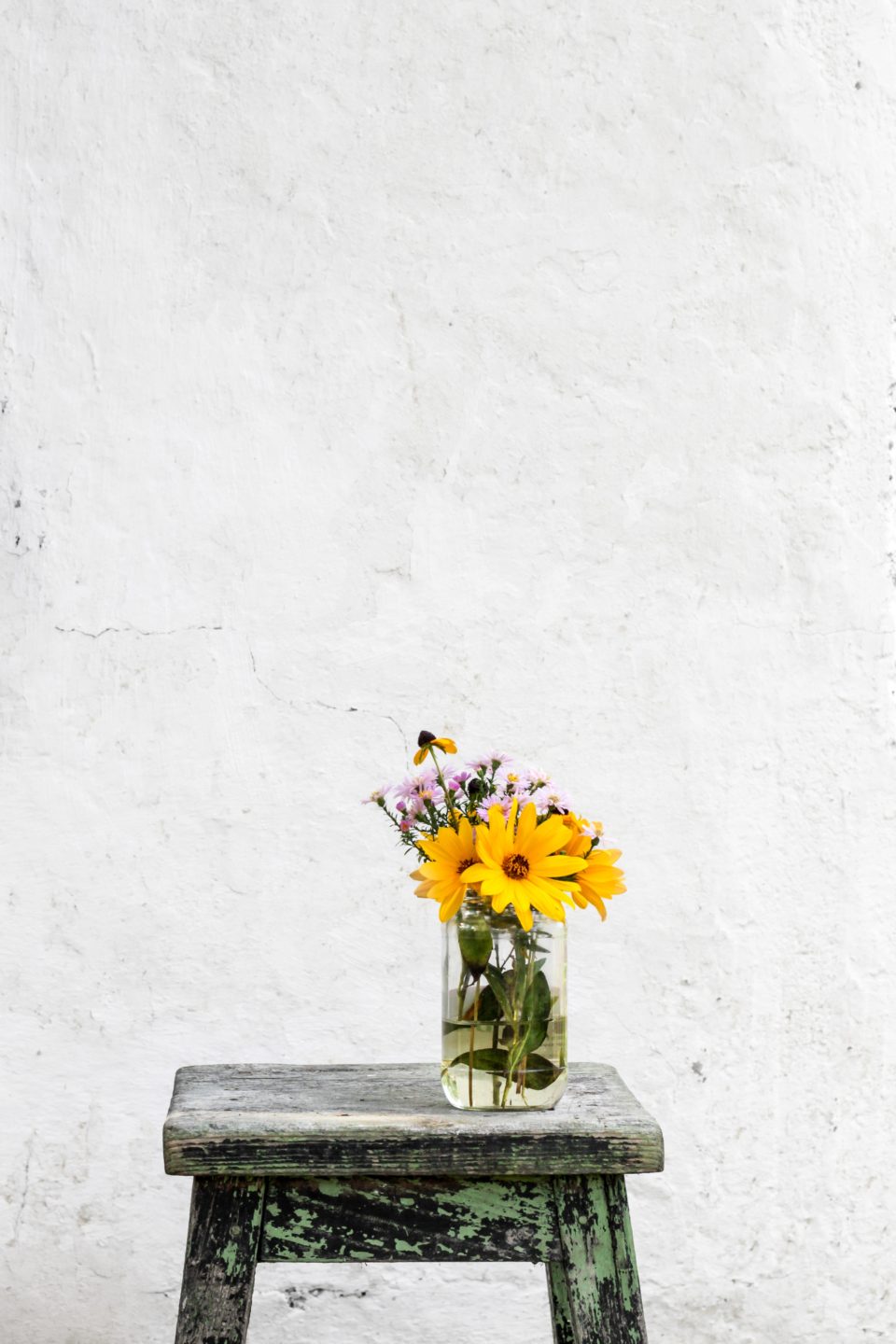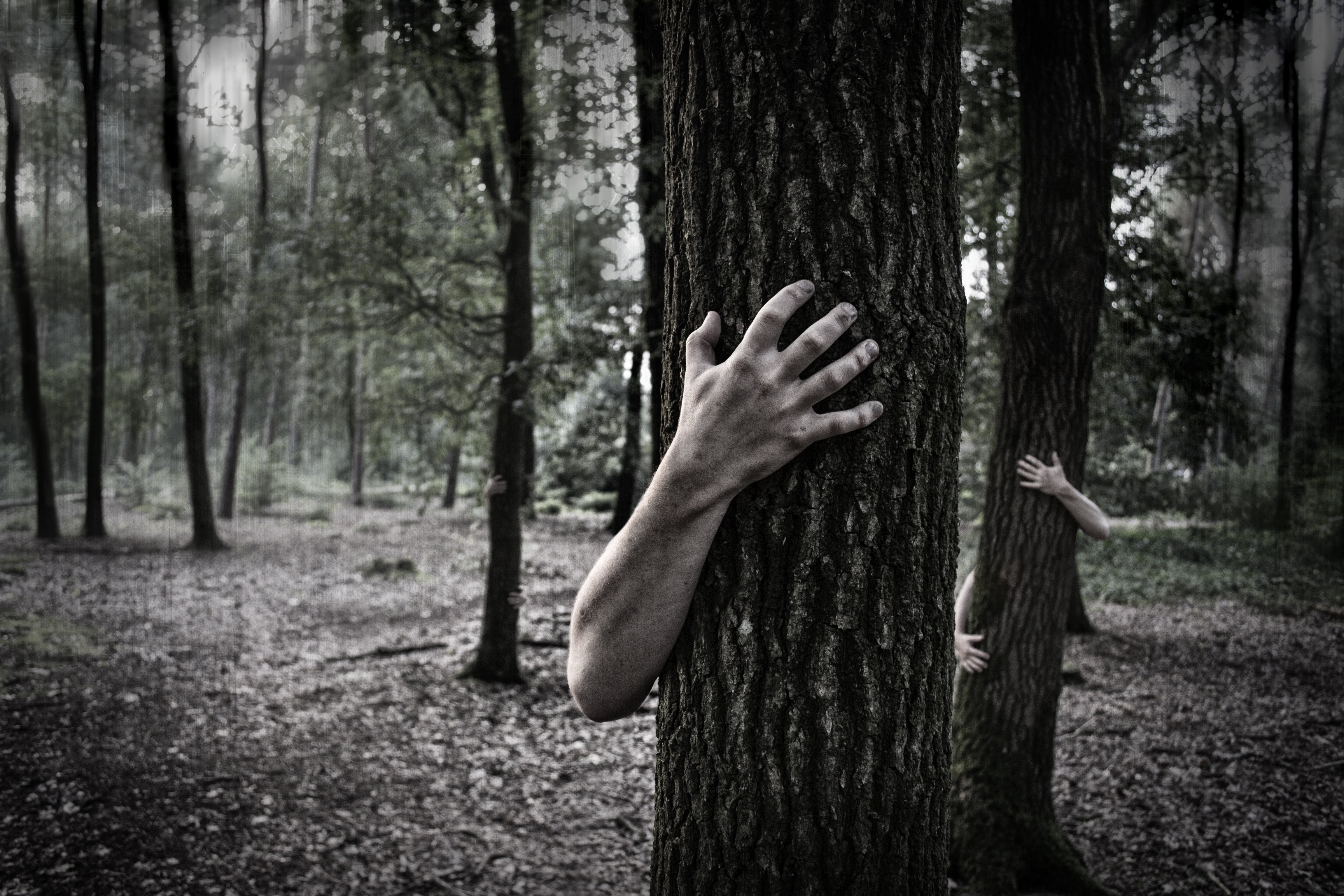We all want to know how people feel about us. Most of us want to know how our therapists feel about us. “Does he think about me in between sessions?” “Does she think I’m smart? Funny? Doing a good job?” “Does my therapist like me?” I think of clients often, both past and present. In fact, I think of our work together and how I’ve received immeasurable benefit from knowing each and every client.
Every single day I’m aware of the gifts of this profession. I’m deeply thankful and appreciative to be in a position that allows me to make contact with so many different members of my community. I’ve wanted to write a thank you letter to past and present clients for some time, but I’ve been fearful that I couldn’t express my gratitude as clearly as I’d hoped. I decided that it’s better to try than to stay silent.
We start out as strangers. You call or email, looking for help with your pain and suffering, questions, and frustration about your situation. Sometimes you’ve been suffering for years. Other times your discomfort is recent.
I know how hard it is to make that first contact, to come in for the first few sessions, before we’ve established a connection. You feel a mix of trepidation and cautious optimism. You’re afraid I might judge you. You’re afraid of stigma. You’re afraid there’s nothing anybody can do to help you, that you’re beyond hope, but you’re not ready to give up just yet. Thank you for your fight.
You show up and share your history, parts of yourself. You answer my questions. Little by little, you start to let go and engage in the process. You fight against the urge to clam up when you’re visited by self-judgment and fear. Sometimes you win. Sometimes the urges win. You keep trying. Thank you for your persistence.
I am awe-struck by your courage. You’ve been through so much life. We live in similar worlds so, I know that you’re working against years of people telling you to suck it up, that your pain isn’t a big deal, that there is more pain, worse pain out there, and that you’re lucky. I know you tell yourself this, too. But there’s a small part of you that doesn’t believe it. Thank you for your courage to hold onto this small part.
You come to our sessions when you don’t feel like it, when you’re thrown around by life, when you’d rather finish that work project or Netflix show or go out with friends. You come to our sessions when you’ve got a million responsibilities, when you’re afraid to face your feelings, when you’re embarrassed about what you shared last session. Thank you for your commitment to this work.
Somehow, you push through your own self-judgments, fear of judgment from me, discomfort, and you bring your authentic self. You allow yourself to ask revealing questions. You face your vulnerability and insecurity. You tell me what makes you feel joy, loneliness, hate, fear, and rage. Thank you for your authenticity.
For these and so many other reasons, I am inspired by you. You remind me that, while life is undoubtedly a painful experience, it is also wonderful. You remind me that it’s better to take chances instead of staying grounded in fear. Thank you for your inspiration.
You have changed me. I’m not the same person I was before I started this work. You have inspired me to become more self-aware, more patient, more curious, more direct. You’ve inspired me to learn and to embrace my vulnerability, to live more authentically. You’ve taught me to stop getting angry at people for being who they are and instead be curious. You’ve taught me to look and listen more closely and more compassionately. I would not be who I am today without our work. Thank you for changing me.
It is an honor and privilege to work with all of you. I hope my words and actions demonstrate my gratitude for you. Thank you for all you share with me.
Love and Be Loved,
Natalie





